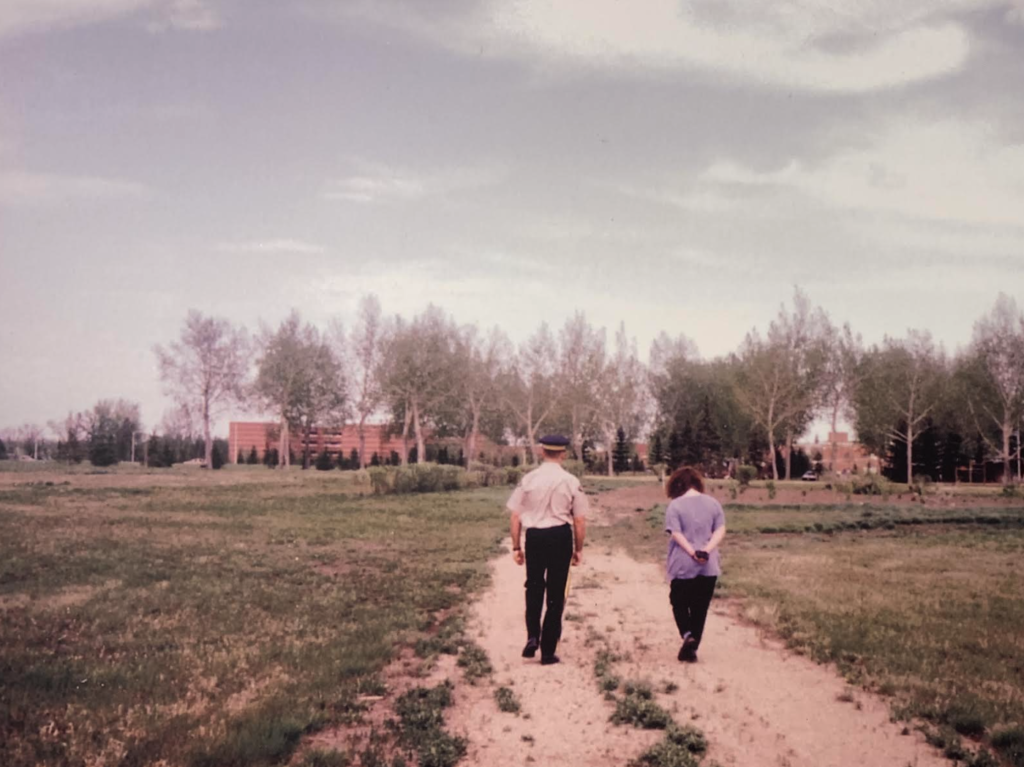“Powerful and impressive. Endicott has rightly earned her place in the upper ranks of Canadian letters, and The Observer will only add to that reputation. The Observer is a quiet book, a small book that sneaks up on you, insinuating itself in your heart before it bursts at its seams, that grows to envelop the extremities of human experience, rending them with a powerful grace and beauty. In the hands of a master writer like Endicott, this small life sings.” —Robert Wiersema, Toronto Star
To investigate unsparingly, to witness with tenderness: Marina Endicott on the job of art Globe & Mail “What made me go back to those days was coming to a better understanding of how profoundly my husband’s PTSD affected our family, then and still. An old friend, another RCMP spouse, wrote “How could you write this? The whole time I’m just sweating. This is really what it was like – all the cards are on the table here…” I know she was right, but it is the job of art: to investigate your own experience unsparingly, and make that investigation public so that others can use the evidence in their own private investigations.”

Marina Endicott has a rare gift, given to only a very few writers: the ability to write about decency with clear-eyed conviction. The Observer radiates love, a young woman’s love for her partner, a good cop who struggles with depression, and love for her children, unanticipated gifts. A profound, dazzling novel about hard-won hope in the toughest of circumstances. GUY VANDERHAEGHE
Grounded in Endicott’s own experience in Mayerthorpe, Alberta, The Observer is an essential story from one of Canada’s most beloved storytellers. Julia arrives in Medway in 1992, going with Hardy to his first posting with the Royal Canadian Mounted Police. Dropped into a tiny rural town on the Alberta prairie, a world beyond her experience, she struggles to come to terms with Hardy’s work. At first their new life together is an adventure, but as in all the best stories, time will darken it.
I’m still marvelling at this novel’s disorienting juxtaposition of natural beauty, familial tenderness and everyday terror. The story of a marriage forged inside a crucible of unspoken trauma—extraordinary, affecting and unforgettable. LYNN COADY
When Hardy disappears into long days and nights as a new recruit, Julia takes a job as editor of the local newspaper, the Observer. Interviewing local people to compose a view of the town each week, she gains some understanding of the community’s surface joys and sorrows; meanwhile Hardy is immersed in violence and loss, and Julia can only witness his increasing exhaustion, even his despair.
The Observer’s powerful and moving stillness gives us a window into the reality of this time and place, and what it means to keep the peace.
“Oh, how I loved this quiet, meditative book, which was not about quiet or meditative things, but instead about violence, abuse, trauma, PTSD, deprivation, loneliness, and LOVE.” Kerry Clare
An in-depth portrait of a young RCMP officer and his family—the debilitating trauma the job exacts, the silence that accompanies the damage, the soul-quaking isolation. It’s also a testament to love, loyalty, duty and patience; the desire to make things right; and the power of bearing witness. Endicott’s prose is clean, light, swift. Readers will leave this book altered, more compassionate, with a deeper understanding of how power works, and how it fails us. LISA MOORE

photo: Bill Ormshaw